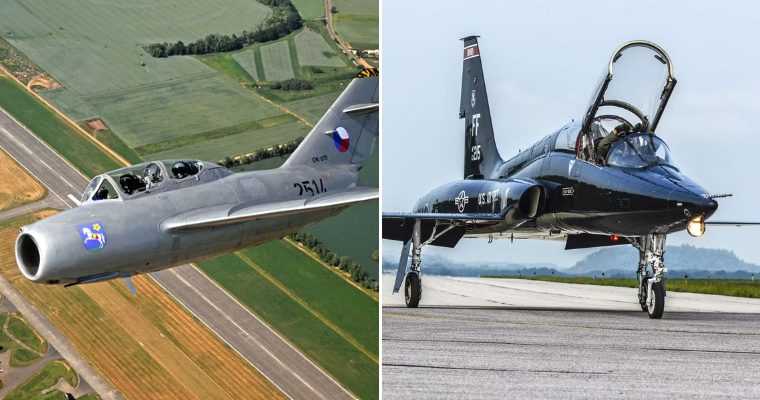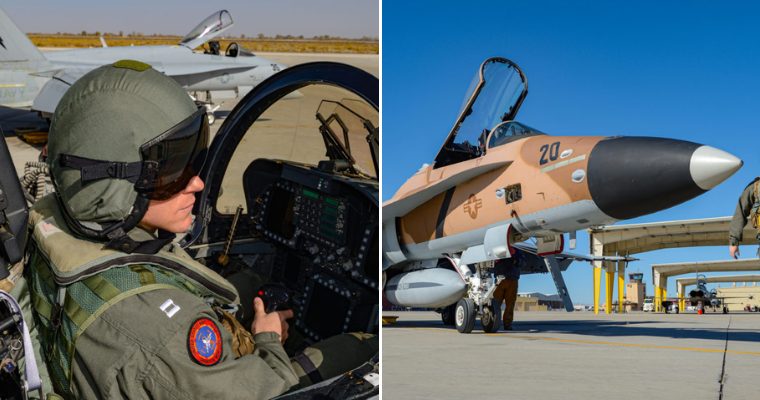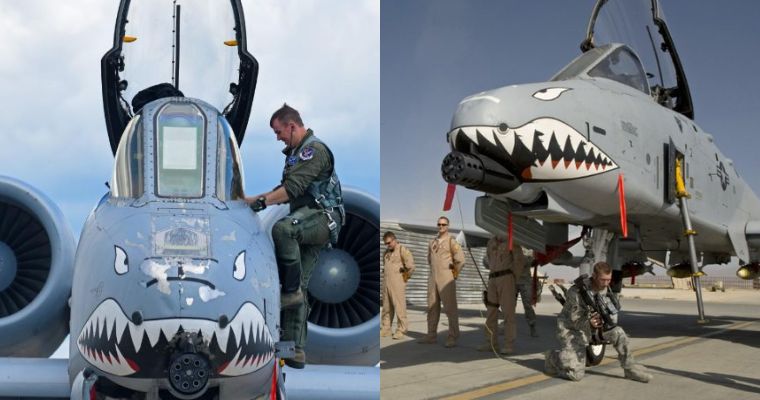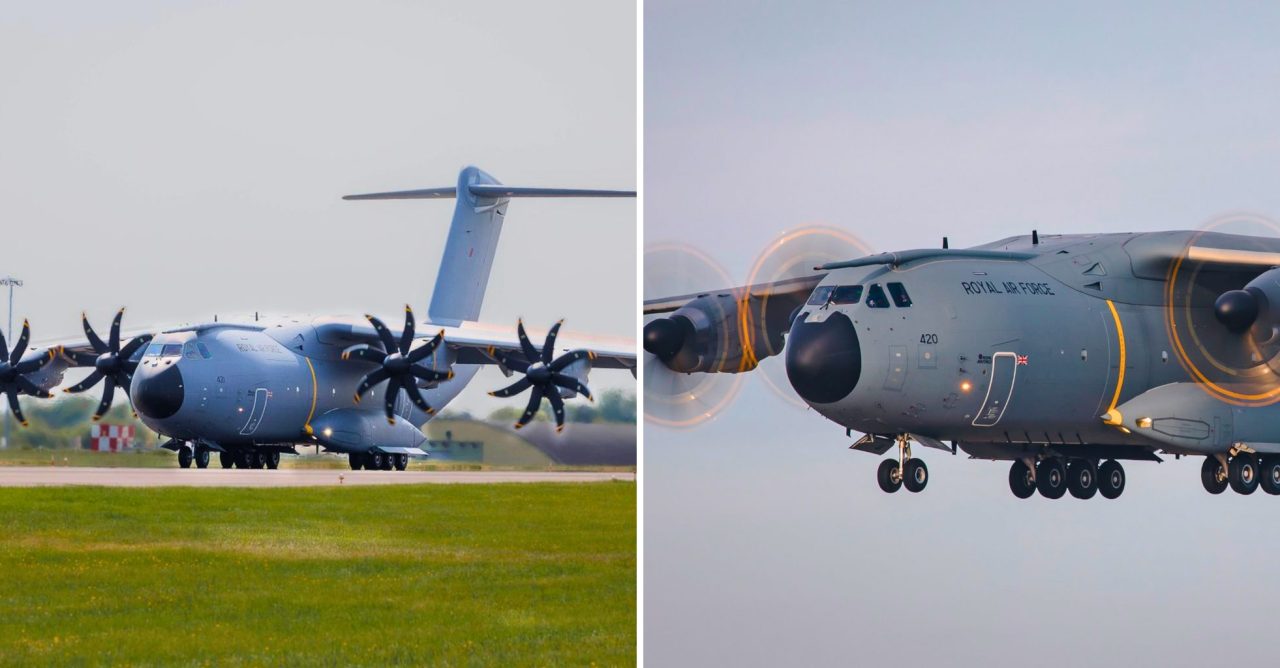In Ukraine, the new year has brought no respite from Russia’s war and little hope of peace. Air raid sirens blared and explosions boomed under a barrage of exploding drones. In turn, Ukraine confirmed it carried out a weekend attack that killed scores of Russian troops. Nikolas Gvosdev, professor of national security at the U.S. Naval War College, joined Amna Nawaz to discuss the state of the war.

Read the Full Transcript
- Amna Nawaz:Today, Moscow said a Ukrainian attack over the weekend in Russian-occupied Donetsk killed at least 60 soldiers, making it one of the deadliest incidents for Russia in 10 months of war.
And in the early hours of this morning, Russia launched one of its largest barrages of drone strikes on Ukraine’s capital of Kyiv. Ukraine says it shot down nearly all of them.
But, as Nick Schifrin reports, it’s been a violent beginning to a new year of war in Ukraine.
- Nick Schifrin:In a nation at war, war does not take a holiday. And so, over New Year’s, Ukrainian rockets destroyed this building housing Russian troops. And for three days straight, Russia terrorized Kyiv from the sky. At least 60 drones targeted Ukraine’s capital.
Some eluded Ukrainian air defenses. The targets were yet again civilian, ripping open this hotel, damaging the apartments of some of Kyiv’s most vulnerable and destroying families in their homes. This use to be the Kaharlytskyis’ kitchen. A Russian missile landed a direct hit, killing 36-year-old Irina.
Two days later, Serhiy looks for pieces of the weapon that killed her. He mourns his wife and embraces their son, who’s lost his mother. His 73-year-old father, Anatolii, was injured in the same explosion.
- Anatolii Kaharlytskyi, Kyiv Resident (through translator):We were building this house for five, six years with our salary, with our money. And this happens. What can I say? They are beasts. They are not human.
- Nick Schifrin:And yet, amidst the torment, there’s tenacity.
Ukrainians in Kyiv managed to celebrate New Year’s, hoping for the total victory that, despite all the fear of 10 months ago, President Volodymyr Zelenskyy vowed to achieve in his New Year’s address.
- Volodymyr Zelenskyy, Ukrainian President (through translator):It was dark. It was loud. It was hard for many and scary for some; 311 days have passed. It can still be dark, loud and complicated for us. But we will definitely never be afraid again.
- Nick Schifrin:And yet he acknowledged the country’s pain written on the face of little girls who watched his address as their family marked a new year.
But Zelenskyy claimed, as Abraham Lincoln did 160 years ago after Gettysburg, that war has created a new nation.
- Volodymyr Zelenskyy (through translator):
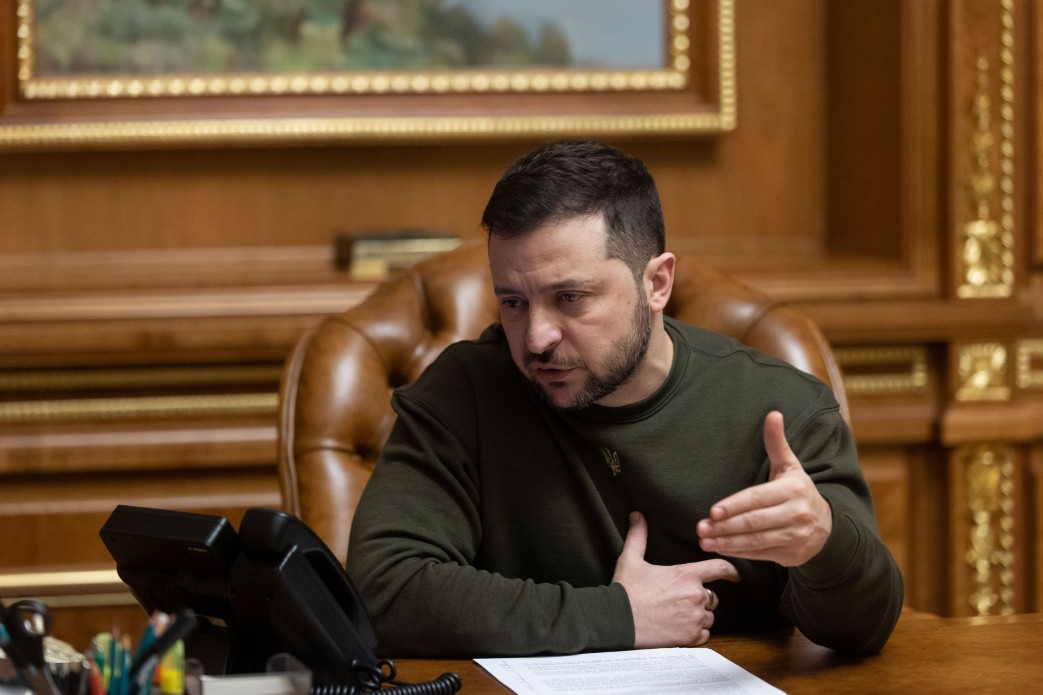
- We woke up on February 24 into another life, being another people, another Ukrainian. On February 24, and millions of us made a choice, not a white flag, but a blue and yellow flag, not escaping, but meeting, meeting the enemy.
- Nick Schifrin:Simultaneously, on Russian TV, President Vladimir Putin delivered his own message and claimed historical truth is on Russia’s side.
- Vladimir Putin, Russian President (through translator):This has been a year of difficult, necessary decisions, of crucial steps towards Russia’s full sovereignty and the powerful consolidation of our society.
- Nick Schifrin:He posed with troops and once again blamed the war on the West.
- Vladimir Putin (through translator):

- They cynically use Ukraine and its people to weaken and divide Russia. We have never allowed anyone to do that. And we will not allow anyone to do that.
- Nick Schifrin:And so the war goes on. The front line is 700 miles’ long, and there is endless destruction in a war without rest.
For the “PBS NewsHour,” I’m Nick Schifrin.
- Amna Nawaz:For more on the state of the war, we turn to Nikolas Gvosdev. He’s a professor of national security at the U.S. Naval War College and has written extensively about Russia, the Soviet Union, and Ukraine.
Nikolas, welcome. And thanks for joining us.
Let’s start with that news, Russia acknowledging dozens of their soldiers killed in a Ukrainian strike. What does this tell us about Ukrainian forces’ capabilities and their strategy right now?
- Nikolas Gvosdev, U.S. Naval War College:First, it’s showing that months, if not years of Western training and equipping of Ukrainian forces is paying off.
The Ukrainians are being able to connect real-time intelligence with their artillery to be able to deliver devastating strikes, in this particular case against Russian forces. What it does, however, signal is that the Ukrainians are concerned about the shift in Russian strategy over the last several weeks.
The Russians are digging in. The Russians do not want to lose more territory in Ukraine that they have already lost since the Ukrainian counteroffensives began in the fall. They’re digging in. They want to prevent further Ukrainian moves.
And so I would agree with my fellow analysts Michael Kofman, who argues that we’re seeing the Ukrainians shifting towards targeting Russian positions, targeting Russian personnel in order to weaken those Russian defensive capabilities, which the Ukrainians will have to do if they want to resume their ability to retake land later in the spring.
- Amna Nawaz:Nikolas, this was a building housing many Russian soldiers, storing a lot of their ammunition. How did the Russians not see this coming?
- Nikolas Gvosdev:Well, this is a question that many on Russian social media are also asking.
They’re asking, after 11 months of this war, why have the Russian military not learned the lessons? Why have they continued to underestimate Ukrainian intelligence and reconnaissance capabilities, the ability of the Ukrainians to direct artillery and missile fire, and why no one seems to be held accountable for Russian failures in the so-called special military operation.
It should have been anticipated that a concentration of forces, and next to an ammunition dump, less than 15 kilometers away from an active front line might be a target. And it does, again, suggest that the Russians are not learning from some of their mistakes that they have been making throughout the course of the invasion.
- Amna Nawaz:You mentioned the Russians are digging in. But they’re also continuing with the somewhat relentless campaign of drone strikes, right?
There were a number of reports for a long time about Russian resources being depleted. These strikes seem to suggest that’s not true?
- Nikolas Gvosdev:That’s correct.
I think we need to be very careful about making assessments that Russia is running out of anything. The Russian military is the heir of the Soviet military. This was not a military force that believed in just-in-time supply chains. This was a military that believed in extensive stockpiling.
There has been also the retention of speeding up capabilities, that is, to be able to convert industry back to military production. And, finally, when we’re reading reports about Russia obtaining supplies from North Korea, from Iran, from other sources, keep in mind that they’re dealing with countries that have had extensive defense cooperation with first the Soviet Union and then with Russia.
And so, in a way, they’re able to offshore some of their military production and then to bring that back into use in Ukraine. So, we need to be careful about putting any definitive dates about when the Russians are likely to run out of missiles, artillery shells or other types of ordnance.
- Amna Nawaz:Meanwhile, the longer this goes on, and as the death toll mounts, do you see any loss of support for the war back in Ukraine, any cracks or fissures in the Kremlin leadership?
- Nikolas Gvosdev:That will depend on whether or not Russia needs to go through another round of military mobilization, that is, that they need to really widen the draft and touch more ordinary families that so far has been somewhat insulated from the conflict.
But we’re also seeing criticism from Putin’s right, so to speak, that he has not been decisive enough, that he is protecting those who have led the failures in Ukraine over the last number of months. And Defense Minister Shoigu has been a particular target of criticism. There’s also been criticism that Putin has not done enough to crack down on the corruption in the Russian military industrial complex, and this is also contributing to Russian failures.
This could lead to problems on his end, and then, finally, the wild card question of if and when economic sanctions against Russia really begin to cut into the Russian economy in such a way to bring such a level of pain to the average Russian household and also to the Russian elites, that they might be inclined to pressure the Kremlin to change course.
- Amna Nawaz:And that war in Ukraine, of course, now more than 10 months on.
That is Nikolas Gvosdev, professor of national security at the U.S. Naval War College, joining us tonight.
Thank you.



